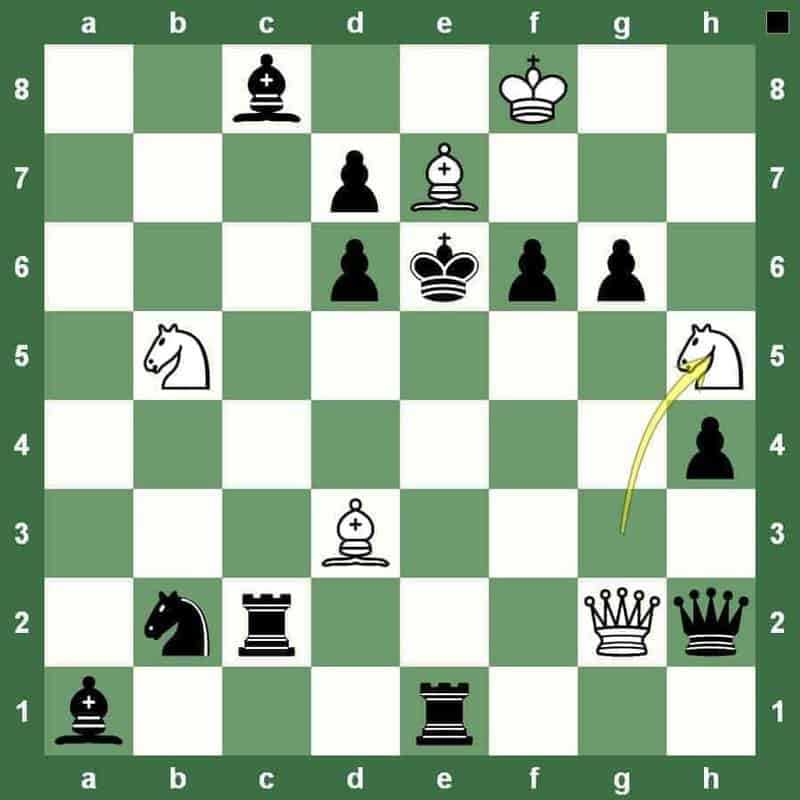

I categorized several games as "Bishop Scholar's Mate", where the mate is delivered by the bishop, supported by either the queen, or a knight on e5 or g5. I was surprised to see quite reasonably ranked players fall to some kind of variant, here's a favorite of mine that I discovered: Most of these were not set ups (as far as I could see), and as mentioned above, there are quite a few plausible variations for Fool's Mate. Grouped like this, Scholar's Mate was by far the most prevalent way to finish the game in under six moves, and it occurred as a white win nearly four times as frequently as a win for black.įool's Mate occurred 76 times with approximately equal wins for black and white. There are quite a few different ways to lose to Scholar's Mate, and in the count I included a few variations that seemed similar enough, such as the king moving a square before dying (followed by Qf1#), as well as the queen being supported by a knight rather than the bishop. mating pieces and friendly pieces blocking the king's escape). I then grouped the checkmates by final move, and double checked the mating pattern (i.e. (Castling becomes more common after move five or six and I found that the number of checkmating patterns explodes after move six). I downloaded 1000 games through the API of recent games played in 2|1 tournaments that ended in a checkmate in six moves or less. I don't really see that it really deserves the name "defence", but an internet search did show at least one person expounding the benefits of moving the king so early, mostly - I think - as a surprise opening. However I'd argue the following two games that I discovered are plausible, especially in bullet chess: It seems unlikely anyone would move the king so early on and with no particular reason. In a database of games played on a different chess website, the bongcloud game (also as a half-move longer win for white) popped up quite a few times, and similar to the basic Fool's Mate, it's probably played by cheaters for the purposes of sandbagging. Certainly I didn't discover anything quicker than Fool's Mate while looking for fast checkmates. No faster mate than Fool's Mate is possible in standard chess since the first check can only occur with a bishop or queen on the second move and, apart from the special set up of pawns in Fool's Mate, there is always a piece or pawn to block the check. a pawn move each from white and black, and the white queen delivers mate on the second move), but only if the king starts out in between the two rooks.


Incidentally, an epaulette mate provides the fastest checkmate in Chess960 which can occur in three half moves (i.e.

The king's position between the two pawns makes this a kind of epaulette mate.


 0 kommentar(er)
0 kommentar(er)
